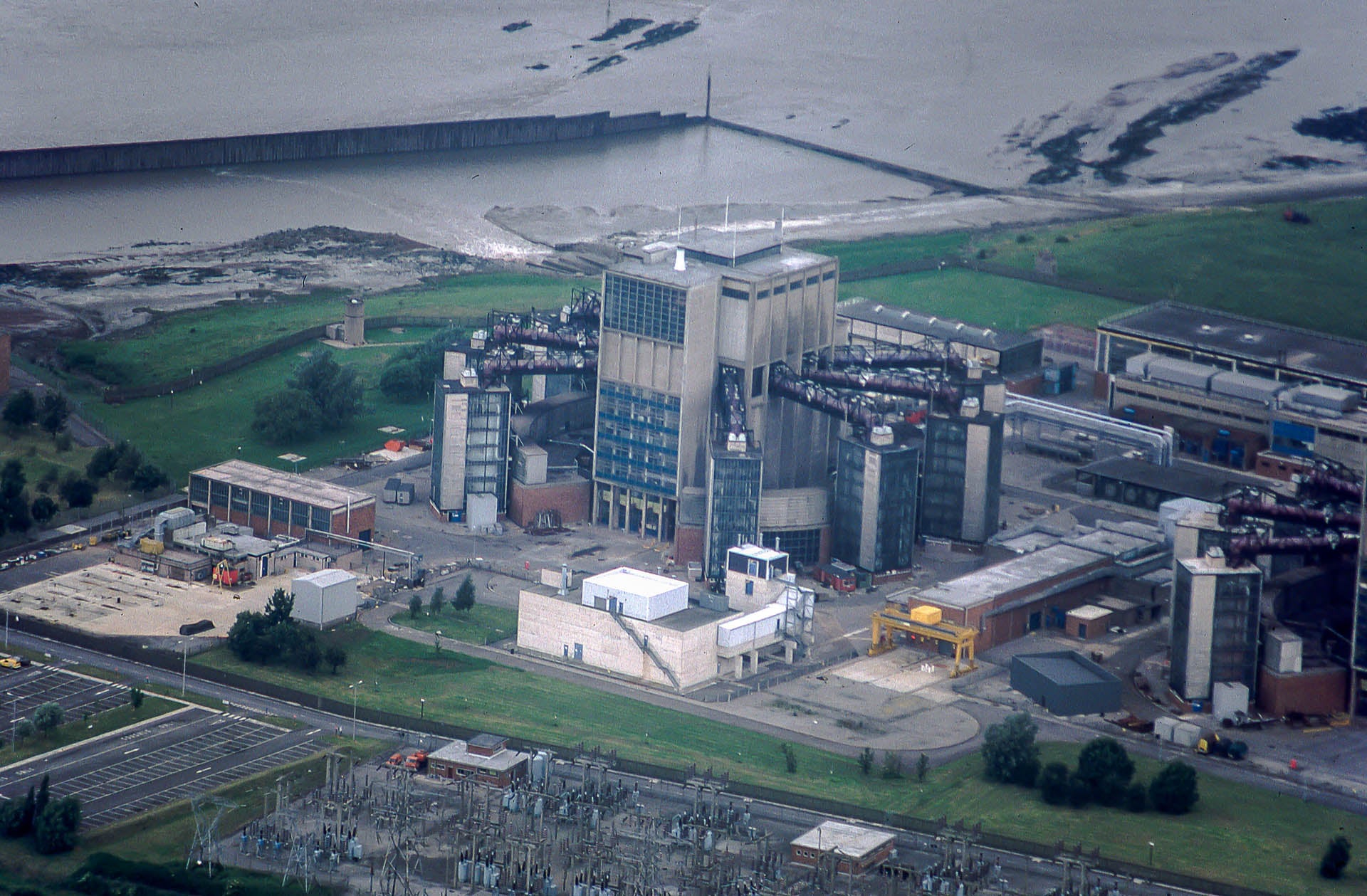Scientists are attempting to transform nuclear waste into batteries that can last for thousands of years.
Next-generation diamond batteries that use energy from radioactive materials have already been developed and tested by researchers at the University of Bristol, who now hope to recycle waste from decommissioned nuclear power plants around the UK.
Work began earlier this month to remove radioactive waste products from the Berkeley Power Station in Gloucestershire, which was decommissioned in 1989 but has only just become safe.
Carbon-14 isotopes extracted from graphite blocks produced by the plant are infused with wafer-thin diamonds to create the batteries, which researchers say are capable of providing power on a “near-infinite basis”.
Potential applications range from powering hearing aids and pacemakers, to extending the range of spacecraft to distances much further than are currently possible.
The diamond batteries are already being tested in extreme environments where it is difficult to replace conventional power sources, including in sensors as the top of volcanos.
"Eventually, a highly powerful version of a diamond battery could power a mobile phone," James Barker, from the University of Bristol's Faculty of Engineering, told The Independent.
"Primarily though, they are best for devices requiring long lifetime, low power and where it is difficult to replace energy sources."
The diamond batteries are encased in a non-radioactive diamond layer, which absorbs any radiation given off by the C14 source and makes them safe to use in medical and consumer devices.

There is close to 100,000 tonnes of nuclear waste in the form of graphite blocks in the UK alone, with most plants due to be decommissioned by 2030. The scientists hope to have a pilot factory producing the batteries within five years at the Berkeley site.
"The ultimate aim is to have a factory based at one of the former power stations in the South West that takes Carbon-14 isotopes directly from the graphite blocks for use in diamond batteries. This would significantly reduce the radioactivity of the remaining material, making it easier and safer to manage,” said Professor Tom Scott, director of the South West Nuclear Hub.
"With the majority of the UK’s nuclear power plants set to go offline in the next 10-15 years this presents a huge opportunity to recycle a large amount of material to generate power for so many great uses."







